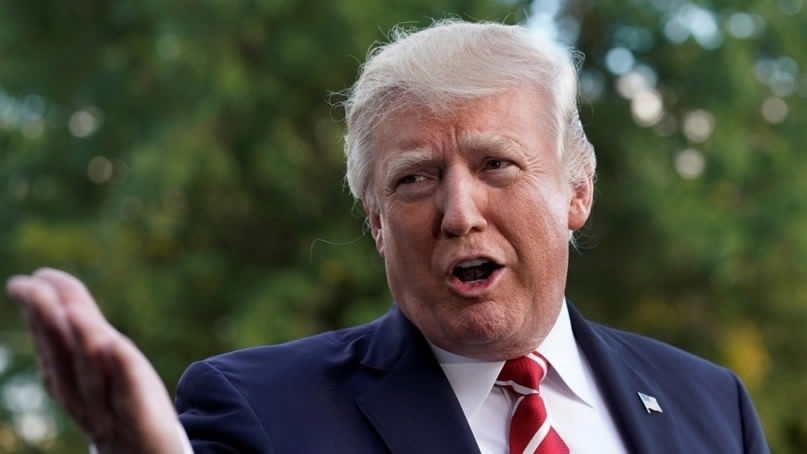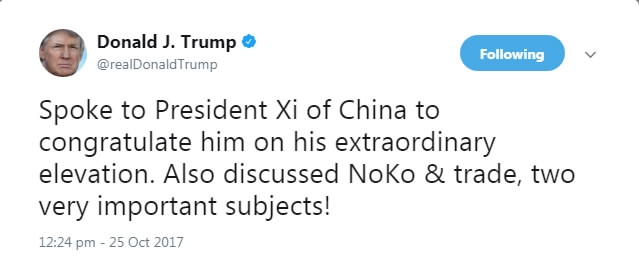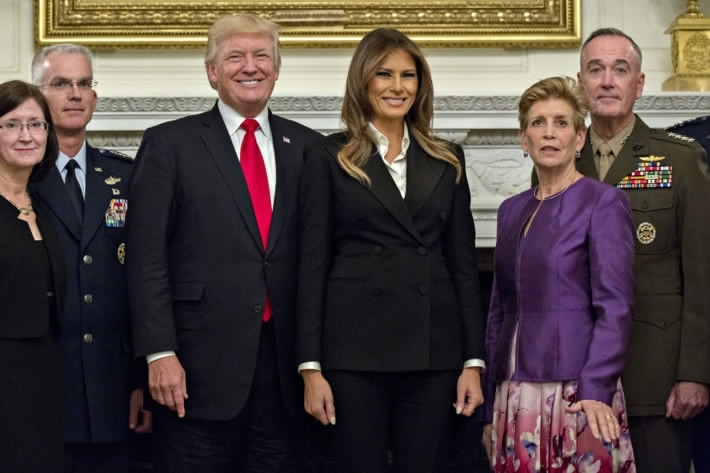
Opinions
18:35, 26-Oct-2017
‘NoKo’: Dead end needs the right key
By Dr. Summer

US President Donald Trump on Wednesday congratulated Chinese President Xi Jinping on being re-elected the General Secretary of the Central Committee of the Communist Party of China (CPC). During the phone conversation with Xi, Trump said he expects to meet his Chinese counterpart in Beijing to fully exchange views on enhancing cooperation between the two countries and on international and regional issues of common concerns, which include “NoKo & trade, two very important subjects!” (see tweet by @realDonaldTrump at 7:24 PM Oct 25, 2017).

Screenshot of Donald Trump's Twitter
Screenshot of Donald Trump's Twitter
Since Trump took office at the White House, the nuclear and missile programs of the Democratic People’s Republic of Korea (DPRK) and trade practices have been key issues in discussions and negotiations between the US and China. With joint efforts from both sides, notable progress has been achieved in solving the Sino-US trade problems, but the DPRK nuclear issue seems to have reached a dead end. Although the US, Japan and the Republic of Korea (ROK) have again and again warned tougher measures, and President Trump even threatened a “military option” against the DPRK, Pyongyang did not give in. It has repeatedly ignored the UN Security Council resolutions and sanctions by conducting several nuclear and missile tests. The US has blamed China for not doing enough to stop DPRK’s nuclear program.

US President Donald Trump (3rd L) and First Lady Melania Trump pose for picture with senior military leaders and spouses after a briefing in the State Dining Room of the White House, October 5, 2017. /Getty Images Photo
US President Donald Trump (3rd L) and First Lady Melania Trump pose for picture with senior military leaders and spouses after a briefing in the State Dining Room of the White House, October 5, 2017. /Getty Images Photo
Is there a way out other than through finger pointing and threats? I think only by identifying the root cause of the issue and the real concerns of the relevant parties can a solution be found.
The root cause of the issue is the security concerns of the DPRK on one side and the US, Japan and the ROK on the other. As the DPRK is much weaker compared with the other three, a logical step to take is to have nuclear weapons as a last resort for self-defense. So, the more pressure and threats the trio wants to impose on the DPRK, the more critical for the DPRK to possess nuclear warheads and missiles. At this stage, DPRK’s threat is nominal and potential, but the threat of the US is real and imminent.
On August 27, 2003, the DPRK, the ROK, China, the US, Russia and Japan started the Six-Party Talks, aiming at solving the Korean nuclear issue through negotiation. By the end of September 2007, six rounds of talks had been held with some progress achieved, but the process came to a stop due to a “lack of trust” between the two major parties, the DPRK and the US. Pyongyang withdrew from the talks two years later and the issue has remained unresolved ever since. Although China urged the DPRK and the US to enter direct talks in an effort to restart the Six-Party Talks mechanism, the two countries have engaged in a chicken-and-egg argument on the pre-conditions for talks: The US has demanded that the DPRK suspend its nuclear program while the DPRK has demanded that the US give up its hostile policy.
To make things worse, President Trump has threatened to pull out from the nuclear agreement between Iran and the six countries (the US, Britain, France, Russia, China and Germany) signed on July 14, 2015. This has further increased Pyongyang’s suspicion about the credibility of the US to honor its commitment on the Korean issue.
So, the root cause is the absence of trust, and the main concern of the parties is about security. Since concerns about national security are legitimate for any independent country, the only solution to end the deadlock of the Korean nuclear issue lies in the hands of Pyongyang and Washington.
(With a doctoral degree in communications from China University of Communications, the author has been working in the field of international journalism for 30 years. The article reflects the author's opinion, and not necessarily the view of CGTN. )

SITEMAP
Copyright © 2018 CGTN. Beijing ICP prepared NO.16065310-3
Copyright © 2018 CGTN. Beijing ICP prepared NO.16065310-3